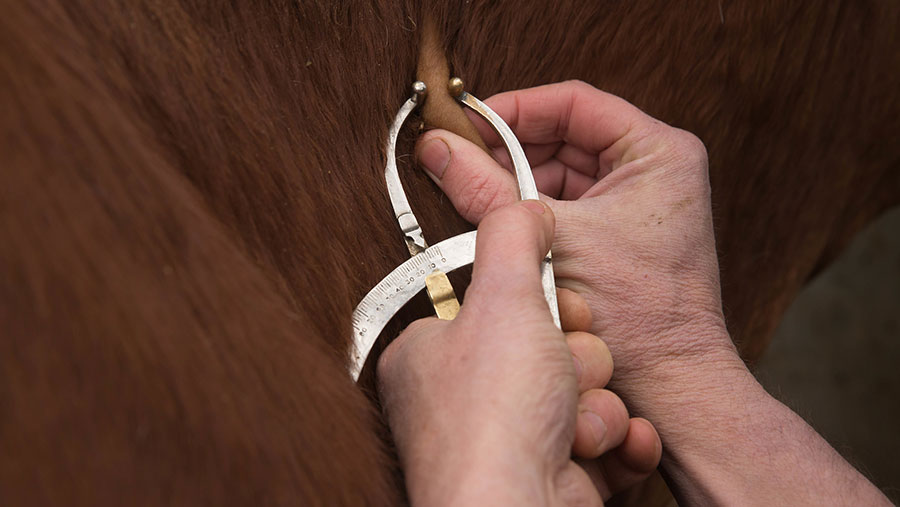Badger cull to be extended across more counties
 © Tim Scrivener
© Tim Scrivener Badger culls to combat bovine tuberculosis in cattle is set to be extended across eight counties in the Midlands and southern England.
Natural England has received applications or expressions of interest for culls in Avon, Berkshire, Derbyshire, Hampshire, Oxfordshire, Shropshire, Staffordshire and Warwickshire.
See also: Analysis – is the badger cull in England working?
It is now inviting the public to comment on any licence applications made about the potential effect the cull may have on people’s livelihood or daily activities.
If Natural England considers there could be an effect not already covered by the licensing criteria, it will ask the cull applicant to consider appropriate mitigation measures.
Natural England said the opportunity to comment should not be used to declare views for or against the policy of culling badgers to combat bovine TB.
Eradicating disease
The NFU argues tackling bovine TB in wildlife is a fundamental part of eradicating the disease – but wildlife groups argue culling badgers is ineffective and could even make the situation worse.
Natural England said public safety was of paramount concern.
Badger control would take place on land with the landholder’s knowledge and permission – and the company carrying out the cull must also work closely with their local police authority, it said.
Natural England said culling companies must also put in place appropriate mitigation measures regarding firearms and security training.
Public concern
It said it appreciated the concern badger control could cause to people if it was being undertaken on parcels of land near to or adjoining public rights of way, roads and dwellings.
But it said all people licensed to control badgers would be in possession of police-issued firearm certificates or shotgun certificates.
They would also have a responsibility to ensure that shooting was conducted in a safe direction with a suitable earth backstop.
Although licensed badger control has been conducted since 2013, covering more than 50 cull operations, there have been no safety-related incidents.
The consultation closes on 5 March 2018.
